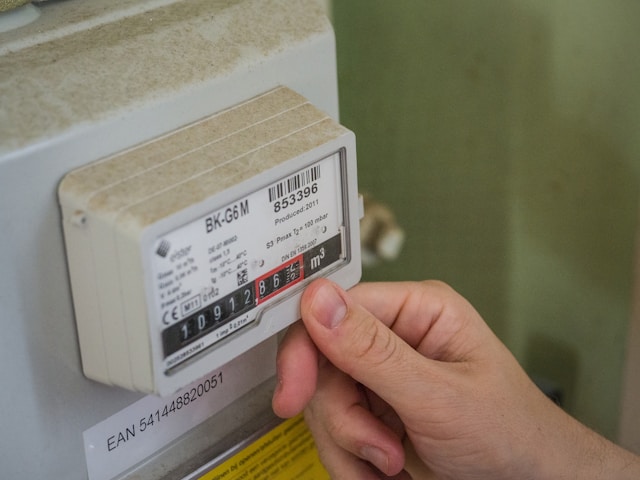Oracle Share Price Analysis: Bearish Phase, Valuation Signals and Bullish Reversal Outlook
$154.97
04 Feb 2026, 11:45

Unsplash.com

Gas and electricity prices have gone up as the argument about the removal of further funding continues.
In England, Wales, and Scotland, a household with average gas and electricity usage would now spend £1,717 annually, an increase of 10% over the previous year's £149 payment.
In order to avoid paying the higher cost for projected consumption, experts have advised consumers to submit a meter reading as soon as the change takes effect.
It coincides with the arrival of winter without additional cost-of-living benefits for low-income individuals and the withdrawal of winter fuel benefits for almost 10 million retirees.
Energy companies claim that they are assisting their vulnerable and suffering clients.
The price limit that governs energy costs for almost 27 million homes in England, Wales, and Scotland is determined by the energy regulator, Ofgem. It has an impact on the cost of each unit of gas and electricity and is determined every three months.
Prices had decreased under the cap twice this year, in April and July, but as of early October, they have risen by almost £12 per month for the average user.
The ultimate bill is determined by the quantity of energy consumed; however, customers can add 10% to their current payment to determine the impact on an annual bill.
Both gas and electricity standing costs have increased by one penny each day; nevertheless, the regulator is thinking of revamping the system.
How the cap has changed?
Although the yearly cost has decreased from the previous winter, charities predict that many individuals will find it difficult to pay.
Certain households have accumulated debt with their providers. Almost £3.7 billion remains due collectively, according to Ofgem.
8 million people receiving means-tested benefits received the final cost-of-living payment in February, meaning that some households would get less assistance.
The winter fuel payment, which was previously available to all retirees and could be valued up to £300, will now only be given to people with low incomes who qualify for certain benefits.
In Scotland and Northern Ireland, the payment is a devolved subject, and the Scottish government has declared that it would no longer offer winter fuel payments to all pensioners.
Charities and other Members of Parliament are worried about the elderly who are still on a modest income losing out, even if some past recipients claim they do not need it.
With a modification to their estimate for energy costs when the next limit takes effect in January, forecasters have provided some relief.
According to industry analyst Cornwall Insight, a home consuming a normal amount of energy would see a yearly bill of £1,697 in January, down 1% from the previous year.
Energy firms claim that throughout the past four years, they have identified vulnerable clients through a voluntary campaign.
Energy UK, the industry trade association, reported that individuals in need had received an additional £500 million in assistance.
(Sources: bbc.co.uk)